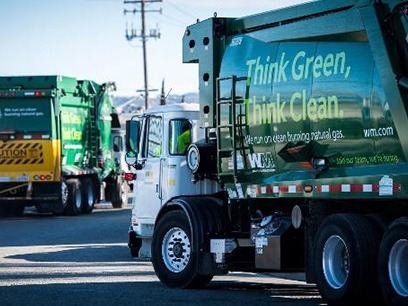
The term waste management seems like it’s self-explanatory but there is more to it than meets the eye. Waste management includes the activities and actions required to manage waste from its inception to its final disposal. This includes the collection, transport, treatment and disposal of waste together with monitoring and regulation of the waste management process. Both solid and liquid waste are included and there are a variety of solutions that ensure waste that is not trash is recycled or reused.
At Elephants Foot we have a wealth of experience dealing in waste management on every scale. Below, we delve a bit deeper into what waste management is.
The benefits of waste management
There are numerous benefits of waste management and we are going to talk about each of them separately. The biggest advantage of having an effective waste management plan is that there is reduced pollution of the environment. We only have one planet and we need to ensure that we leave it in the best possible state for future generations. Secondly, waste management protects people from potentially noxious agents such as chemical and biological.
Waste does not only harm the ground on which it is thrown, it affects the air as well. Waste piles produce harmful greenhouse gases such as carbon dioxide, carbon monoxide and methane. These, when released into the stratosphere, pollute it and result in the thinning of the ozone layer. Recycling is a big part of good waste management. This conserves energy over time. A common example is recycled paper which saves many trees from being cut to make new paper.
The methods used in waste management
There are various methods used in waste management, however focus should be on reuse and recycling of materials prior to sending waste to landfill. Recovery is when discarded items are taken to be reused. Recycling involves the extraction of materials and resources from waste so that is can be used to make new items. Other methods involve waste minimisation, reuse, and composting. These are all used to ensure that waste does not damage people or the environment.
Suitable waste is thrown into landfill after it has been sorted and compacted. When the landfill is full, the waste is buried so that it does not pose a threat to the environment. Incineration is when waste is burned at high temperatures. It has the added benefit of reducing the volume of waste by up to 75 percent. When the rubbish is compacted, it can then be put into landfill.
So, what are you waiting for? Contact our capable team today and we can set up a meeting with you to discuss your waste management needs and how best you can be helped. We are eager to hear from you.
